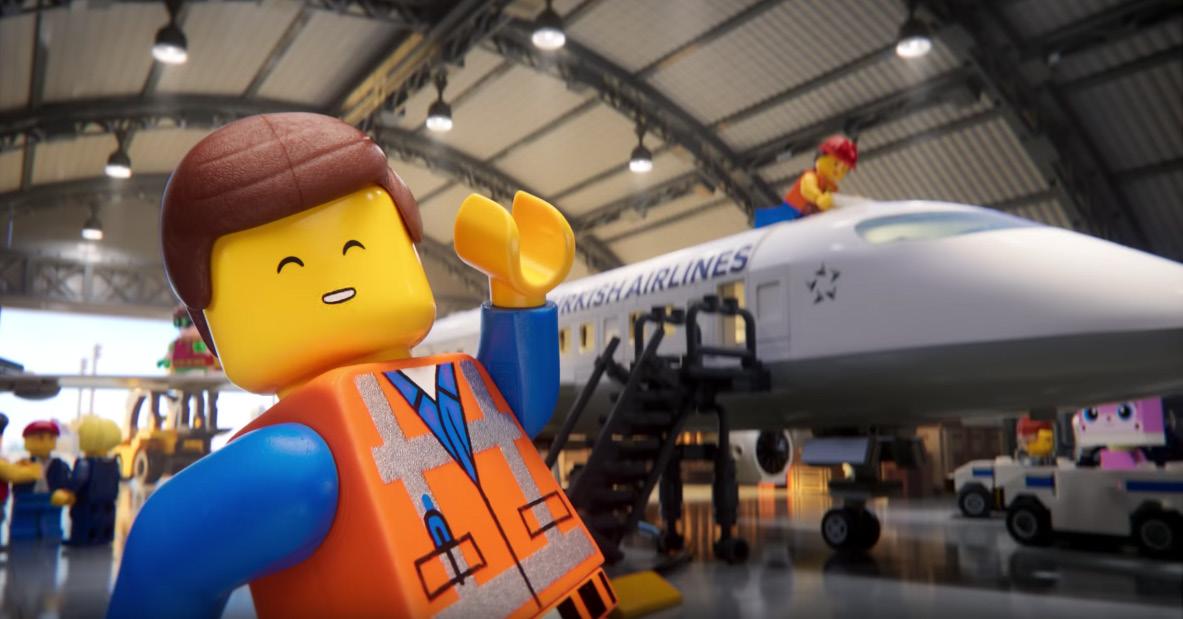
2 minute read
United Airlines - Superheroes
Most recently that included being a gold sponsor of the Special Olympics USA Games in Seattle in July.
CEO, Oscar Munoz, joined a group of employees in greeting nearly 700 arriving athletes, coaches and volunteers at Seattle’s SeaTac International Airport (SEA). The airline had earlier flown four Special Olympics Athletes to take part in a new version of its ‘Superheroes’ themed ad.
Advertisement
We originally covered the Superheroes campaign in January, when United Airlines unveiled it for the 2018 Winter Olympic and Paralympic Games. This new treatment carried the strapline, “helping Superheroes fly, proud partner of the Special Olympics.” One of the athletes who starred in the ad, 19 year old swimmer Nicolette Jones was surprised with the ad when she arrived in Seattle, with the Special Olympics filming her delight and reaction.

Training for 60,000 staff

Perhaps the most impressive part of United’s support for the Special Olympics is what Business Insider called “a groundbreaking plan to help passengers with disabilities.”
The airline has committed to training its 90,000 staff on “how to make flying for individuals with intellectual disabilities a more pleasant experience.” By the end of 2018 60,000 United staff will have gone through the training programme.
United has also created a hub on the its website showcasing its work with the Special Olympics, complete with videos, pictures of the athletes involved in the ad campaign, and news stories.
Key takeaway, be careful when hiding behind the rules
United has of course been at the receiving end of some very bad publicity over the past eighteen months. Meanwhile Emirates is an airline that usually has an excellent brand reputation.
However in this case Emirates got it wrong and United is getting it right.

Speaking to Business Insider Oscar Munoz claimed that the training programme for staff “ isn’t about commercial valuation. This isn’t about anything like that. This is something that’s always been near and dear to many of our employees.”
Actually, we’d argue there is very much commercial sense in this.
Over 1 in 100 people in many countries now have autism, so it simply makes sense to equip staff with the know-how and understanding to deal with passengers with intellectual disabilities so that you can avoid the kind of situation Emirates faced.
So back to Emirates, what should the airline have done?
Emirates may well have been correct that it operated within the rules, but the problem with quoting the rulebook is that it can make you look wooden and impersonal. Ideally every incident like this should be looked at, with the question asked how it’s going to play out if not decisively dealt with.
A better way forward might have been a more personal response. For example, a call from a senior executive expressing sympathy and a willingness to help, assistance from an Emirates ‘concierge’ at DXB, and possibly even a flight voucher to be used at a later date.
We’d then have recommended a statement about commitment to passengers with both physical and intellectual disabilities as well facts around it (e.g. ‘Emirates is proud to carry XX,000 thousand disabled passengers, here is the help we provide…”).
A solution like that would have almost certainly have taken the sting out of the incident and might even have resulted in positive responses to an initially negative incident.










